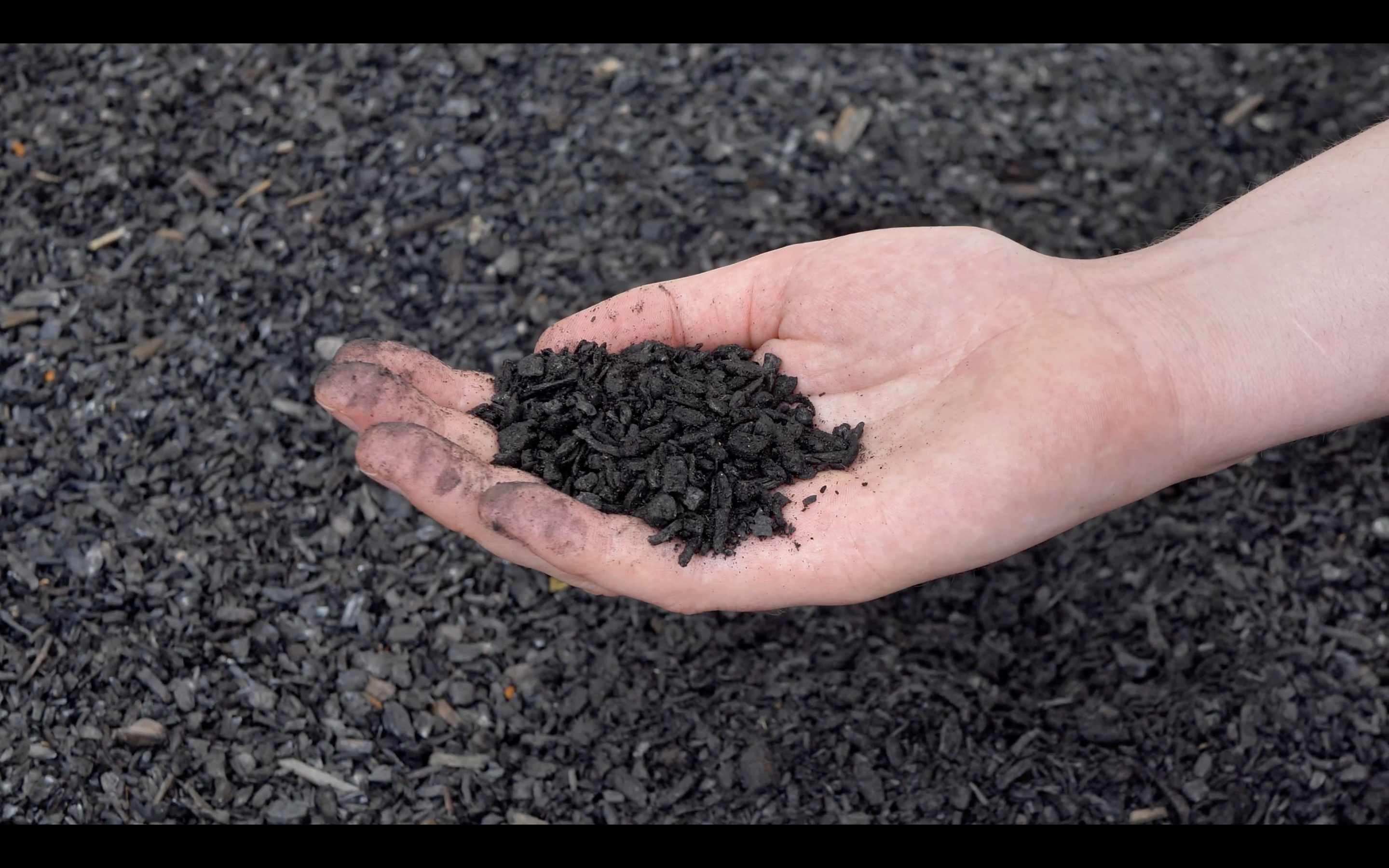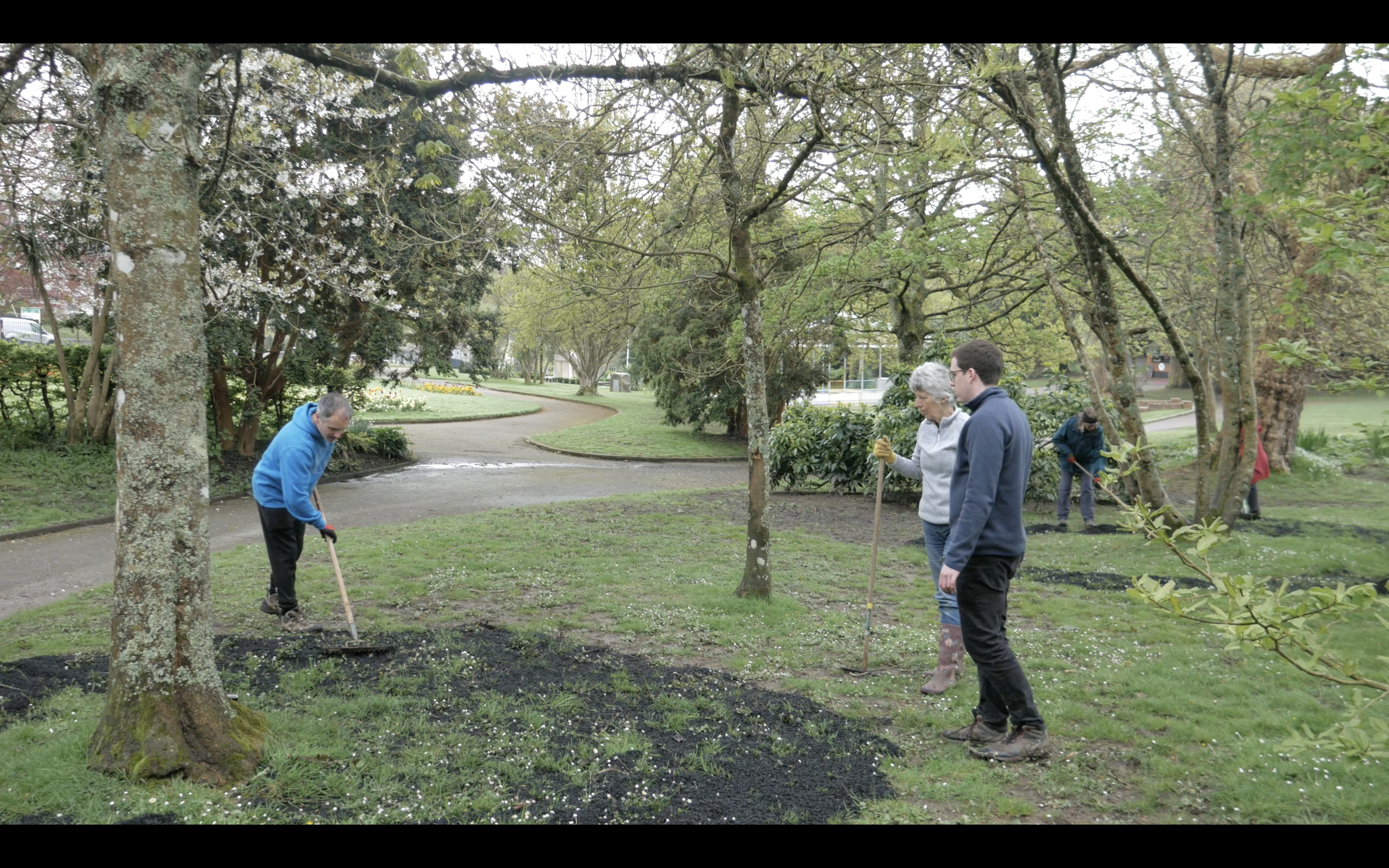Public intervention: 80% of British ash trees at risk as campaign launches
The UK is home to 185 million of the species, but the majority are threatened by a deadly disease.

Dieback has already decimated populations of ash trees, also known as fraxinus excelsior, with eight-in-ten having perished in Norway as a result of the condition. Now Devon-based sustainable agriculture firm Earthly Biochar, in partnership with the UK Government, has started a new initiative, harnessing citizen scientists to help monitor the situation.
According to the company, biochar — a bi-product of wood burnt at high heat, which has retained most of the embodied carbon and can be used to replenish nutrient-depleted land — could hold the key to helping the ash tree survive the emerging crisis. During the summer of 2022, founder Lottie Hawkins observed that applying the material to infected trees could successfully treat the disease, the only problem being the sheer number of them in Britain means trying to do this to each individual requires large scale engagement.

‘It’s not just the ash trees we’re trying to save; it’s also the species that rely on the ash, which often get forgotten about when we discuss losing these trees. There are 115 Ash-related species made up of insects, microbes, plants, and birds that would risk falling into decline when the ash trees have gone. This extinction cascade would be devastating to our UK woodlands,’ said Hawkins. In summer [2022], we visited a farm in Wales that had two woodlands, both with ash trees, and both suffering from ash dieback.
‘This farmer makes his own biochar to EU regulatory standards, and in an attempt to save his ash trees, he top-dressed biochar around the base of the trunks,’ she continued. ‘He did this on half the trees with ash dieback and left the other half alone. One year went by, and the untreated ash trees had little new growth and looked withered; they looked like they were dying. In contrast, the biochar-treated ash trees have bushy, deep green new growth and look far healthier than their counterparts. This was ground-breaking information, and we decided to take the private research forwards, and apply for government funding to create a citizen science project that can test biochar treatment on a much larger scale across the UK.’

The public is now being asked to volunteer for ‘citizen scientist’ roles, in the same way the RSPB runs the annual Big Garden Birdwatch. Those participating simply need to fins an ash tree, and report on its condition using a dedicated ‘dieback website’. Biochar will then be sent out to the location when necessary. It is hoped this could avoid mass felling, which would entail cutting down both infected individuals and those that may have natural immunity to the disease close by in a bid to slow the spread. Trees that are resilient can be used to pass on the genetic advantage they have to future generations, and therefore must be saved as a priority.
‘As a PhD student and founder of Earthly Biochar, I realise the significance of this type of research and the scale required to make it robust and meaningful. The early-stage idea of a model based around crowdfunding and sponsorship, to enable citizen science, using landowners, farmers, and volunteers to apply biochar to diseased trees and document the results, was born out of discussions with tree surgeons, academics, landowners, and our team,’ said Hawkins. ‘For every ash tree treated with biochar, we will sequester 125 kg of CO2e. Scaling this up, we could see thousands of litres of biochar production being independently funded, capturing carbon, and potentially building disease resilience in our ash trees. At the moment, we’re set to lose 80% of our ash trees, and if biochar can even save half of these, we must act. We need to be trying everything we can to save our trees and we’re very confident that we can do this, but to do this, we need people’s help.’
More public campaigns:
https://environmentjournal.online/features-opinion/inside-the-exhibition-using-poetry-and-photography-to-restore-nature/
https://environmentjournal.online/climate-change/sustainability-film-competition-launches-for-schools/
All images: Joanna Robb
















